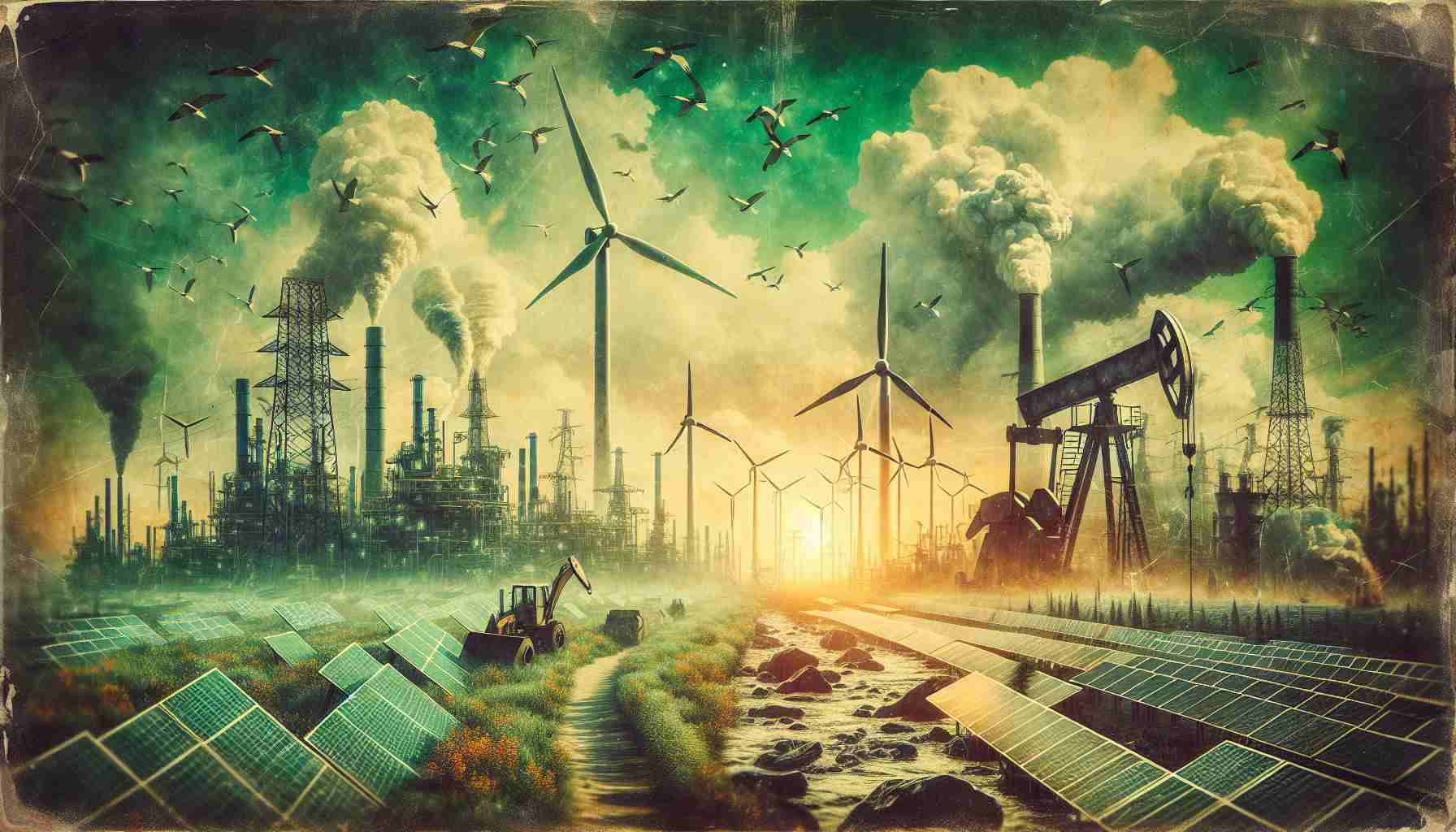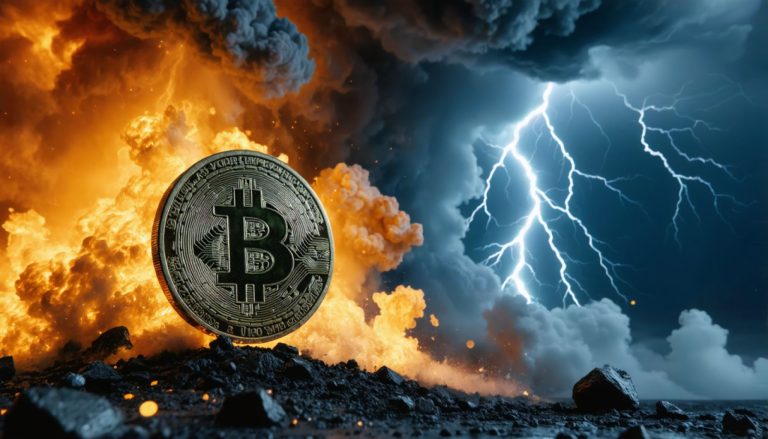
The Shift in Energy Focus
For nearly ten years, major oil companies like BP and ExxonMobil proclaimed significant investments in renewable energy. However, this enthusiasm has significantly waned, as fossil fuel giants shift their messaging back to oil and coal, indicating a retreat from their green ambitions.
Many industry leaders are now openly questioning the viability of clean energy initiatives. The CEO of ExxonMobil recently pointed out that consumer reluctance to adopt clean energy solutions would hinder pollution-reduction efforts, implying that the burden of transitioning to sustainability does not rest solely on the oil companies’ shoulders.
Reports reveal that fossil fuel enterprises are scaling back their commitments to renewable projects, with BP recently scrapping a majority of its wind energy initiatives. This withdrawal comes in response to a global slowdown in the implementation of clean energy policies, particularly after the energy crises triggered by geopolitical events, such as the Ukraine conflict.
Challenges abound for the green energy sector. Startups in this field require substantial investment and often face financial hurdles, making it difficult to thrive without backing from larger corporations and government entities.
As the resurgence of fossil fuels continues, the rising demand for energy—especially with increasing reliance on energy-intensive technologies—further complicates matters. The limited supply of renewable resources cannot keep pace with consumption, leading to a greater dependency on traditional energy sources to meet societal needs.
Fossil Fuels vs. Renewables: The New Energy Landscape
The Shift in Energy Focus
The energy sector is currently witnessing a notable pivot as major fossil fuel companies reassess their strategies. For nearly a decade, firms like BP and ExxonMobil touted extensive investments in the renewable energy sector, presenting themselves as champions of sustainability. However, recent developments indicate a significant retreat from these green pledges, signaling a re-emphasis on traditional hydrocarbons.
Key Trends and Insights
1. Declining Investment in Renewables: Reports indicate that oil giants are increasingly scaling back their commitments to renewable energy projects. Notably, BP has significantly reduced its wind energy initiatives, highlighting the industry’s retreat amid changing market dynamics and economic pressures.
2. Consumer Reluctance: A critical factor hindering the transition to sustainable energy is consumer behavior. Recent statements from corporate leaders, including the CEO of ExxonMobil, highlight a perceived lack of consumer readiness to adopt clean energy solutions, which they argue affects the overall momentum for pollution reduction efforts.
3. Challenges for Green Startups: The renewable energy sector is struggling with financial challenges. Startups often require significant capital investments and may find it difficult to survive without support from larger firms or government subsidies. This lack of funding can stall innovation and limit the sector’s growth potential.
Pros and Cons of Fossil Fuel Reliance
Pros:
– Immediate Energy Supply: Fossil fuels provide a reliable and immediate energy source that can meet current demand.
– Established Infrastructure: The existing infrastructure for fossil fuel extraction and distribution is well-developed, making it easier to access energy quickly.
Cons:
– Environmental Impact: Continued reliance on fossil fuels exacerbates climate change and environmental degradation.
– Economic Instability: The energy sector’s heavy reliance on geopolitically sensitive resources can lead to market volatility and supply chain disruptions.
Innovations and Future Predictions
While the current climate may seem bleak for renewable energy, there are emerging innovations on the horizon. Advances in energy storage technologies, such as batteries and grid improvements, promise to enhance the viability of renewables. Trends suggest that as technology progresses and societal awareness increases, there may be a resurgence in demand for clean energy solutions.
Security and Sustainability Aspects
As the world grapples with the dual challenges of energy security and climate change, the security implications of energy reliance are becoming increasingly pertinent. The geopolitical conflicts, including the tensions sparked by the Ukraine situation, underscore the importance of diversifying energy sources to mitigate risks associated with overdependence on fossil fuels.
Use Cases for Renewable Energy Transition
– Urban Settings: Cities can adopt sustainability initiatives through solar panels and wind energy to reduce carbon footprints.
– Industrial Applications: Industries can integrate renewable energy sources to power operations and improve sustainability credentials.
Final Thoughts
The energy landscape is undergoing significant transformation, influenced by economic, political, and social factors. While the retreat of major fossil fuel companies from renewable commitments raises concerns, ongoing innovations and shifts in public attitudes may hold the key to a more sustainable future. As energy demands continue to grow, a balanced approach that includes both fossil fuels and renewables may be necessary to meet global needs while addressing climate challenges.
For more insights on the ongoing shifts in the energy sector, visit BBC News.



